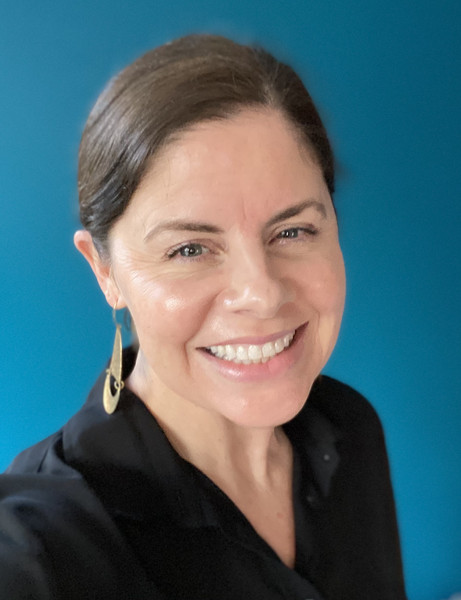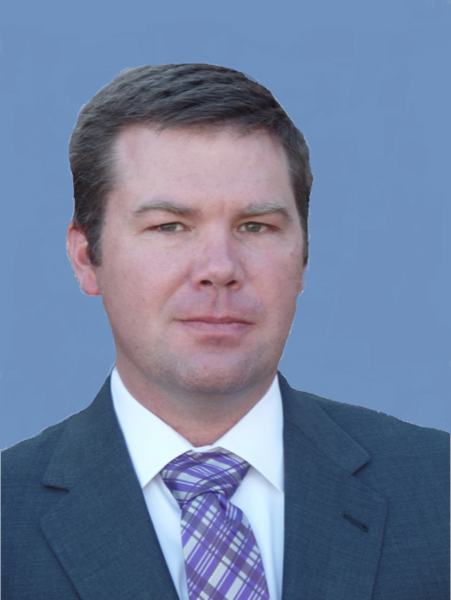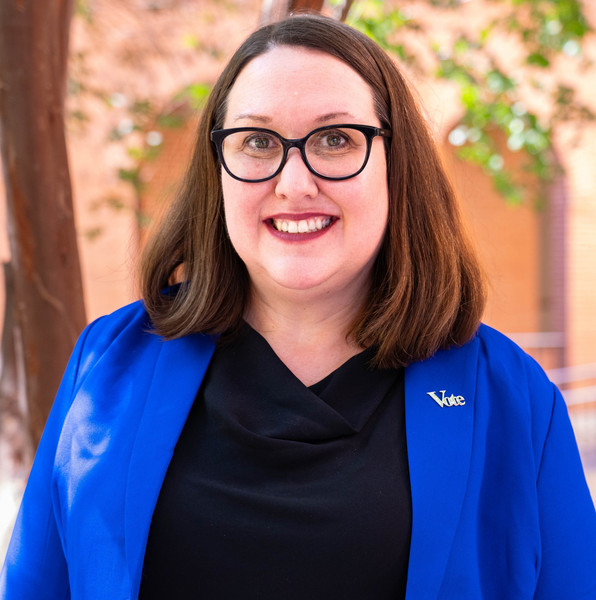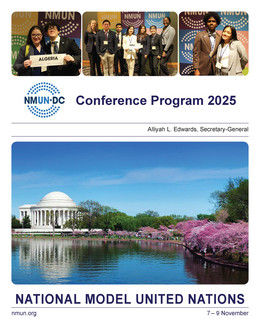
At the Conference
Welcome to the NMUN•DC 2025 Conference
General Resources
- NMUN Conduct Expectations
- Awards (available after the conference)
- Awards Criteria
- Background Guides
- Committees and Topics
- Form: NMUN Amendment Form
- Form: NMUN Right of Reply Request Form
- Form: NMUN Working Paper / Resolution Form (pre-written resolutions are not allowed - see p. 22 of the NMUN Delegate Prep. Guide)
- Form: Tutorial Video on the NMUN Working Paper Template
- Hub - includes draft resolutions
- NMUN Delegate Preparation Guide
- NMUN Rules of Procedure
- NMUN Rules Short Form
- NMUN Rules Training Video
- Position Papers
Passed Resolutions - available after the conference
- CND
- ECOSOC
- GA1
- GA3
- IAEA
- SC
- UNDP
- UNEA
Keynote Speakers
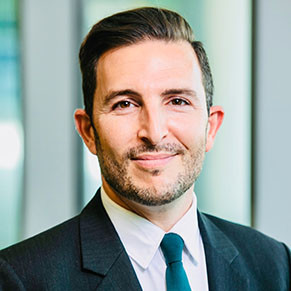
Justin Gest is a professor of policy and government at George Mason University’s Schar School of Policy and Government. He studies immigration and the politics of demographic change. He also serves as the CEO of ARENA Media. He is the author of six books:
- Apart: Alienated and Engaged Muslims in the West (Oxford University Press/Hurst 2010)
- The New Minority: White Working Class Politics in an Age of Immigration and Inequality (Oxford University Press 2016)
- The White Working Class: What Everyone Needs to Know (Oxford University Press 2018)
- Crossroads: Comparative Immigration Regimes in a World of Demographic Change (Cambridge University Press 2018)
- A textbook, Mass Appeal: Communicating Policy Ideas in Multiple Media (Oxford University Press 2020)
- Majority Minority (Oxford University Press 2022)
He also coedits the Oxford University Press book series, Oxford Studies in Migration and Citizenship. He has authored peer-reviewed articles in journals including Comparative Political Studies, Ethnic and Racial Studies, the International Migration Review, Proceedings of the National Academy of Sciences, and has edited special issues of Citizenship Studies and Journal of Ethnic and Migration Studies.
He has provided reporting or commentary for ABC, BBC, CBC, CNN, the Guardian, the Los Angeles Times, NPR, the New York Times, Politico, Reuters, Vox, and the Washington Post.
In 2014 and 2020, Gest received Harvard University’s Joseph R. Levenson Memorial Teaching Prize and the George Mason University Teaching Excellence Award, respectively each university’s highest award for faculty teaching. In 2013, he received the 2013 Star Family Prize for Student Advising, Harvard’s highest award for student advising. In 2007, he cofounded the Migration Studies Unit at the London School of Economics (LSE).
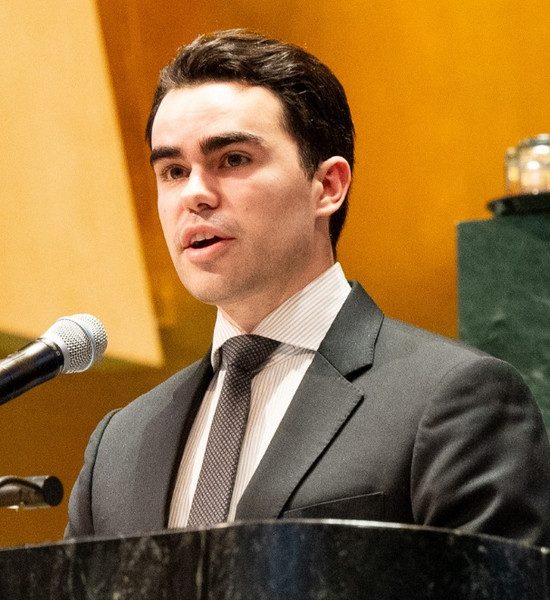
Jarrett James Lash is proud to serve at the 14th UNA-USA Youth Observer to the United Nations. He is a community planner and housing strategist working at the intersection of public service, land use, and sustainability. He currently serves as the Township Planner for Upper Merion Township, one of Pennsylvania’s fastest-growing municipalities, where he leads long-range planning and land development for a township Fortune ranked the second best place in the nation for families, home to the third largest mall in America.
A dedicated advocate for youth engagement and housing, Jarrett serves on the Board of the HealthSpark Foundation and as a Youth Advisor to the Youth Housing Coalition, where he has supported community-led initiatives in Atlanta and Detroit. His previous experience includes shaping modular housing strategies at RSL Homes, contributing as a member of the Montgomery County, PA Homeless Task Force, and furthering his academic pursuits as a Lincoln Institute of Land Policy Vibrant Communities Fellow and a Manhattan Institute State and Local Policy Collegiate Associate.
Jarrett’s work with the United Nations Association of the United States of America included serving as Lead Ambassador for a Sustainable Future and co-organizing the inaugural Sustainable Communities Summit, which brought together stakeholders from across the country to discuss the future of our cities. He holds a B.A. in Global Liberal Studies from New York University, where he concentrated in Politics, Rights, and Development and studied in New York City, Paris, Shanghai, and Abu Dhabi. His senior thesis examined the political economy of housing affordability in the United States.
The son of a former UN Peacekeeper, Jarrett brings a commitment to building trust in civic institutions, a belief in practical problem-solving, and a vision for communities where everyone can build a future.
Source: https://unausa.org/wp-content/uploads/2025/08/Jarrett-James-Lash-UNA-USA-YO-1-Pager.pdf
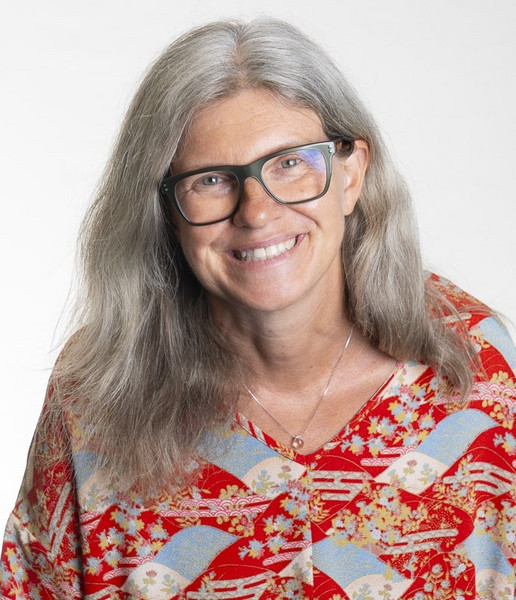
Tricia Tibbetts serves as Vice President of Creative Associates International’s Education for Development Division. The division specializes in supporting ministries and departments of education internationally and in the US. Her experience includes leadership and technical roles with Save the Children, USAID, and the World Bank in countries including Afghanistan, Ethiopia, Tajikistan, Vietnam, Yemen, and Zambia. Before joining Creative Associates, she worked at The Palladium Group, where she led the Early Childhood Care and Education Activity.
Tricia holds a Doctor of Education from George Washington University, a Master of Education from Harvard Graduate School of Education and a Bachelor of Arts in Government from Smith College. She has also been actively involved in board memberships and volunteer work, including her recent role as a Board Member of CorpsAfrica and her involvement with the Harvard Graduate School of Education’s Student Alumni Mentoring Initiative.
Faculty Seminar
Artificial Intelligence (AI) Policy at NMUN
Sunday, November 9 from 10:30-11:30 a.m., Lobby Level, Rosslyn Room
Join your colleagues for this faculty panel discussion on the promises and challenges of AI use at NMUN from a faculty perspective. Efforts will be made to not only share the newly formulated NMUN policy but to also identify challenges. We hope to brainstorm and share best practice solutions. Panelists and audience members will be encouraged to share their ideas.
The panel discussion will be moderated by Tina Zappile, Stockton University. Panelists are Eric Cox, Texas Christian University and Rebecca Flavin, Baylor University.
